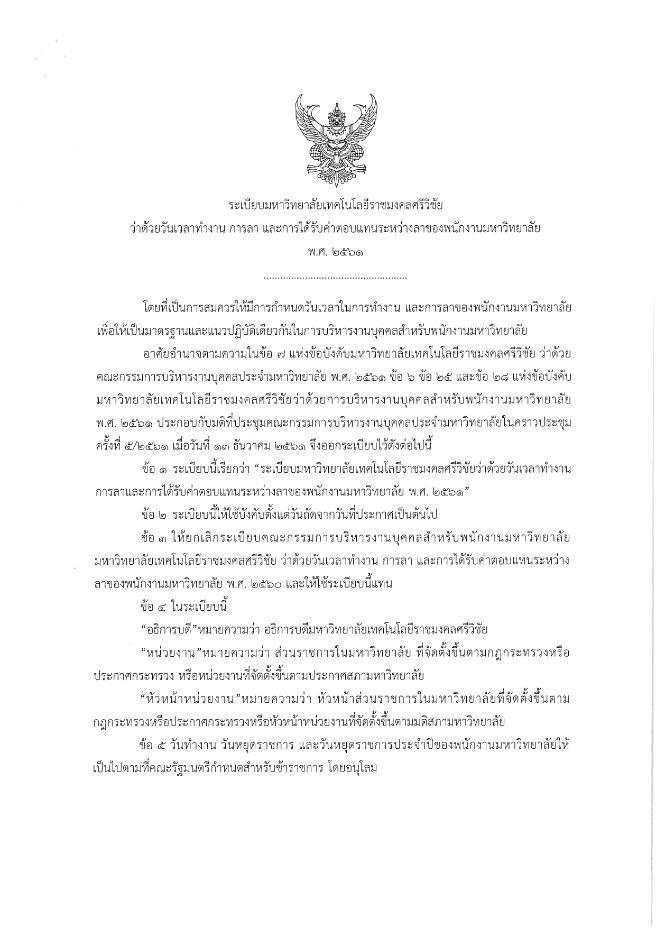Reporters: Asst.Prof. Saowanee Chaipech, Dr. kittichon Utaynapun, Asst.Prof. Sudanai Krualee, Mr. Ugrit Chammari
Evidence Date: during 2023 Jan-Dec
Related SDGs:

Related Indicators: 12.2.3
Details:
The announcement from Rajamangala University of Technology Srivijaya on sustainable consumption and production since A.D.2022.
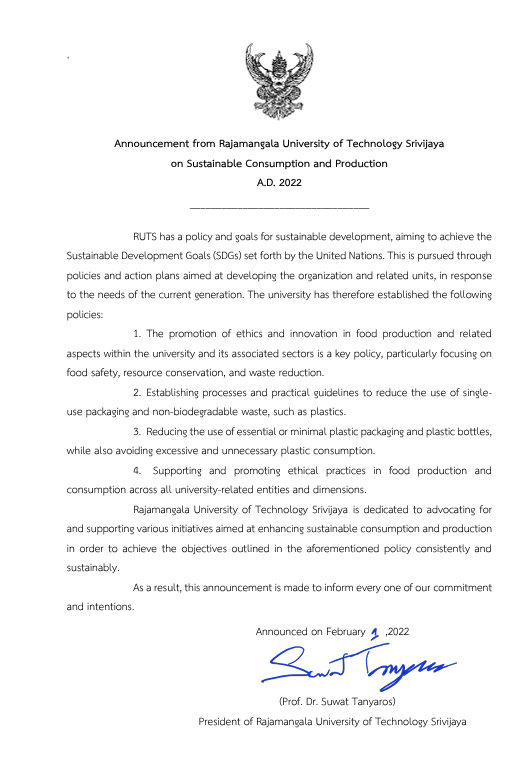 |
Evidence I: Development food container from fibers and peels waste of bananas for “Kerd Jark Din” community enterprise in Singhanakhon District, Songkhla Province.
Bananas have long been an economic crop intertwined with the lifestyle and wisdom of people across all regions of Thailand since ancient times. Every part of the banana plant can be utilized and transformed into a wide variety of products. However, this extensive use has impacted both livelihoods and the environment, as leftover materials such as a lot of banana fibers and banana peels often become waste and harm the environment. Rajamangala University of Technology Srivijaya, Songkhla Campus, has a dedicated area for growing and collecting various banana species to serve as a learning resource for students and the public. A key mission of the university is to support Her Royal Highness Princess Maha Chakri Sirindhorn’s Plant Genetic Conservation Project. The engineering faculty team is adding value to banana waste, specifically banana fibers and peels from Nam Wa bananas. Using knowledge from teaching natural-material container molding technology to engineering students, the team conducted training for 58 members of the “Kerd Jark Din” community enterprise in Singhanakhon District, Songkhla Province. As a result, the group now has a machine that produces plates made from a mix of banana fibers and peels, intended to replace plastic plates for tourists.
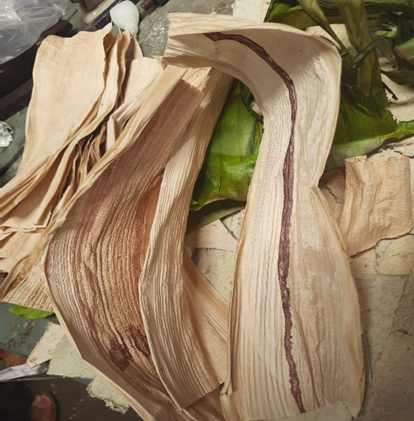 |
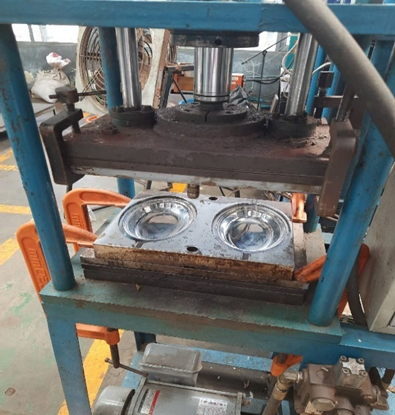 |
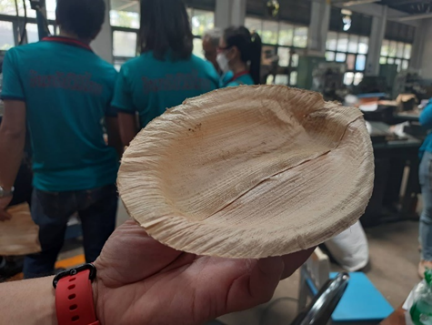 |
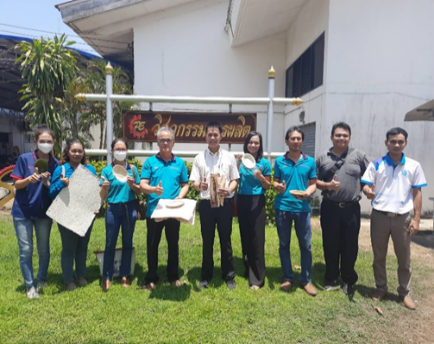 |
https://www.facebook.com/share/v/YJ8xLPTWPt6XWyXe
https://www.facebook.com/share/v/Z1RyaBxNoyev6Enz
https://www.facebook.com/share/p/rsHeMKm4CdYX7huh
Evidence II Hazardous materials management at Faculty of Agriculture, Rajamangala University of Technology Srivijaya, Saiyai Campus, Nakhon Si Thammarat Province
The staff and students from Faculty of Agriculture, Rajamangala University of Technology Srivijaya, Saiyai Campus, Nakhon Si Thammarat Province, has teach and demonstrated the way to covering a hazardous material by collecting dead and used alkaline battery every month. Alkaline batteries are hazardous due to their content, including zinc, manganese dioxide, and corrosive electrolytes like potassium hydroxide. Their release can contaminate soil and water, causing bioaccumulation and harmful effects on ecosystems and human health. To avoid this effect, dead batteries are sent to Thungsong Municipality for sustainable and safe disposal of alkaline batteries. This project encourages staff and students to raise environmental awareness by promoting rechargeable batteries over alkaline ones. We minimize battery waste through effective collection, sorting, and safe disposal of used batteries, prioritizing convenience and accessibility to facilitate the transition to rechargeable options. By promoting rechargeable batteries, we not only encourage sustainable practices but also align with SDG 12 goals by enhancing accessibility, reducing costs, and fostering environmental awareness.
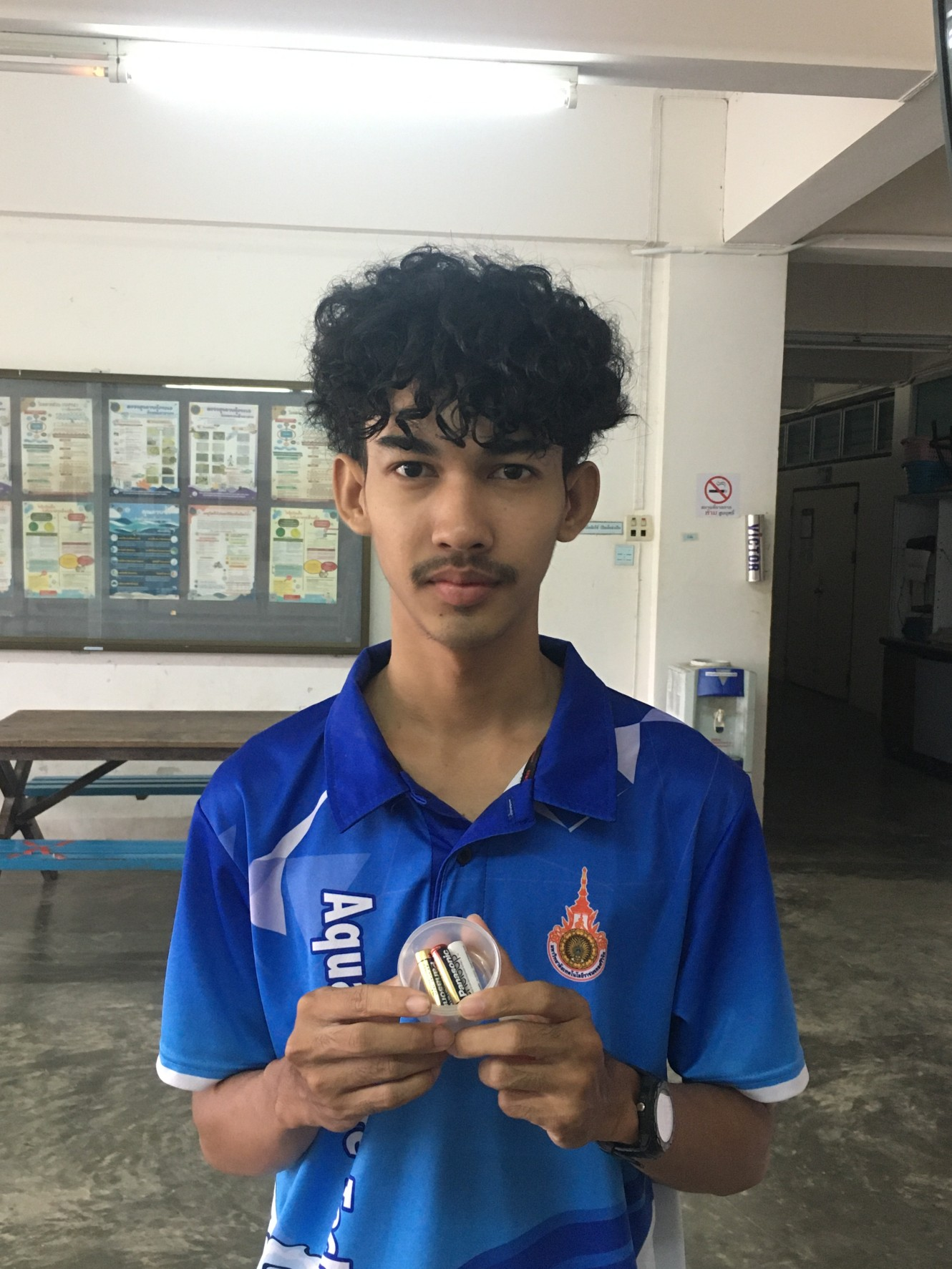 |
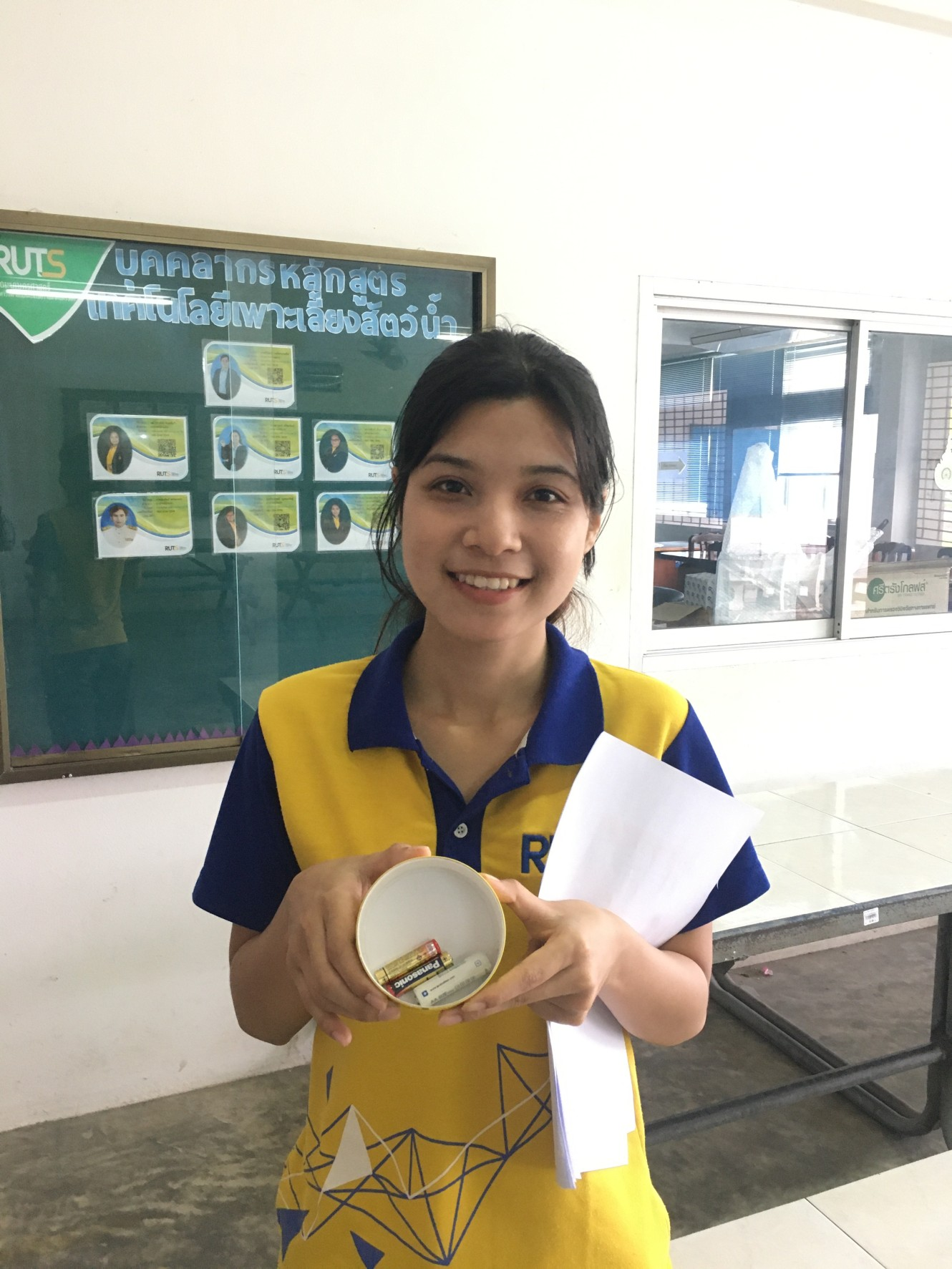 |
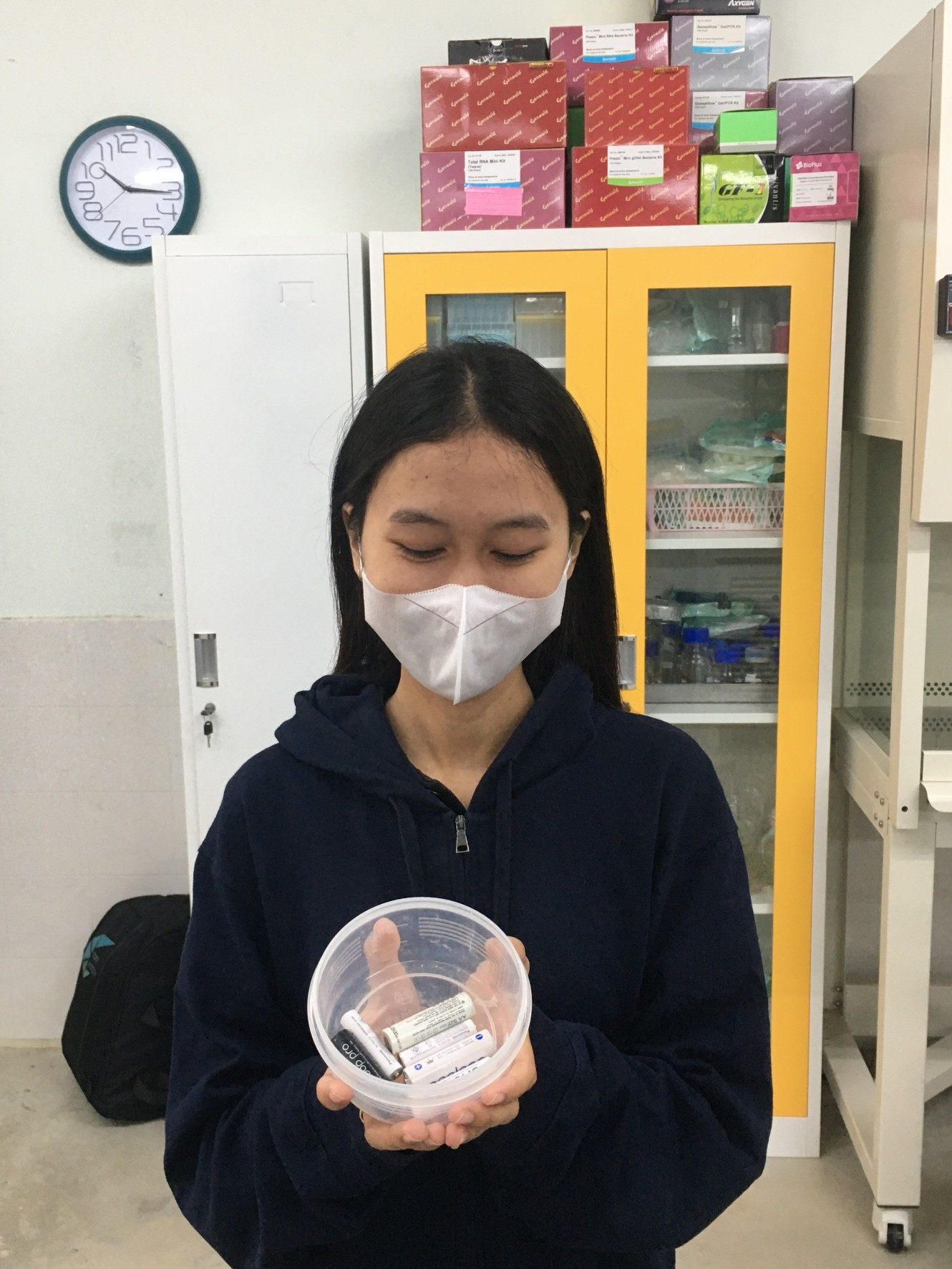 |
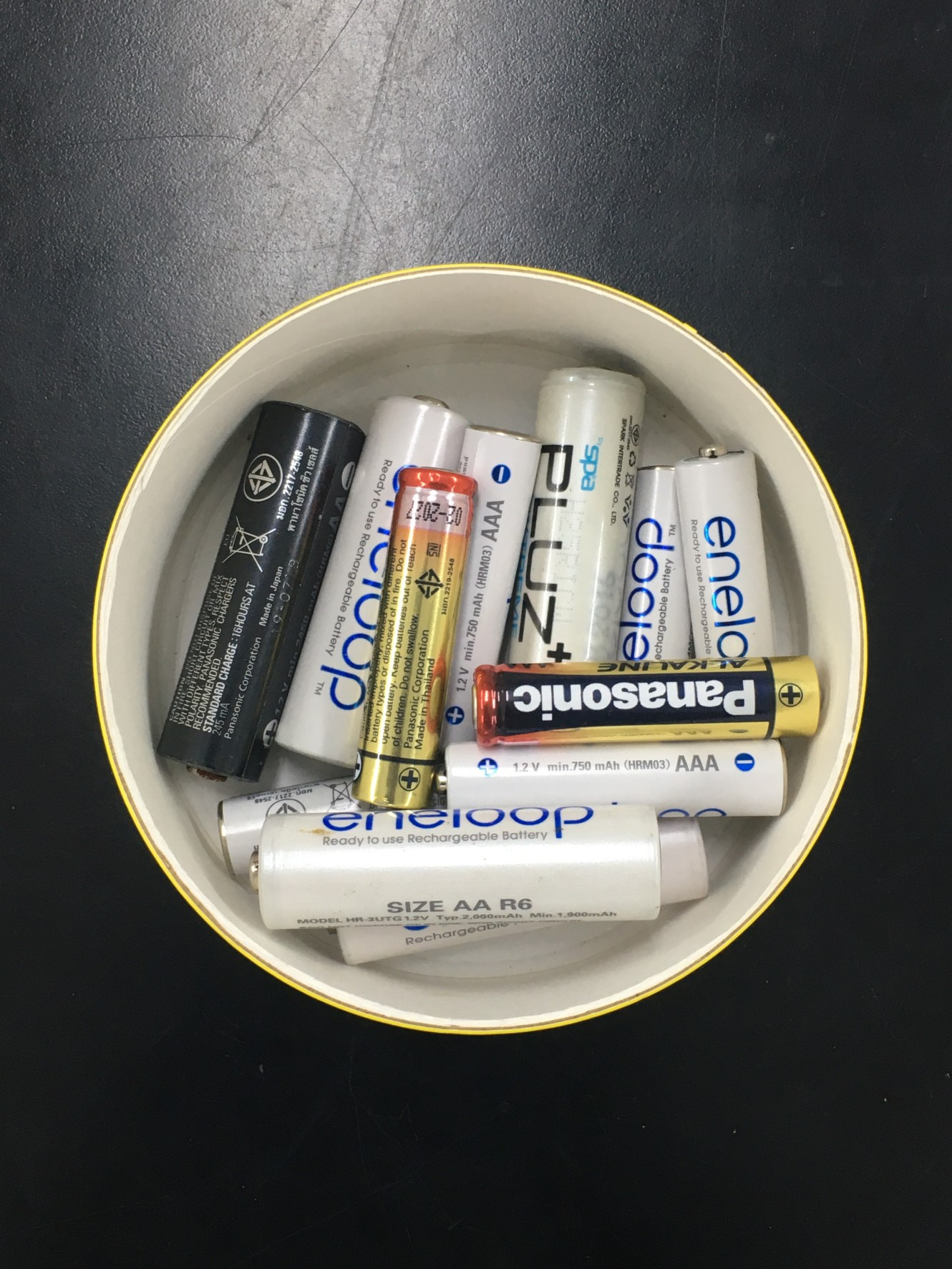 | ||

